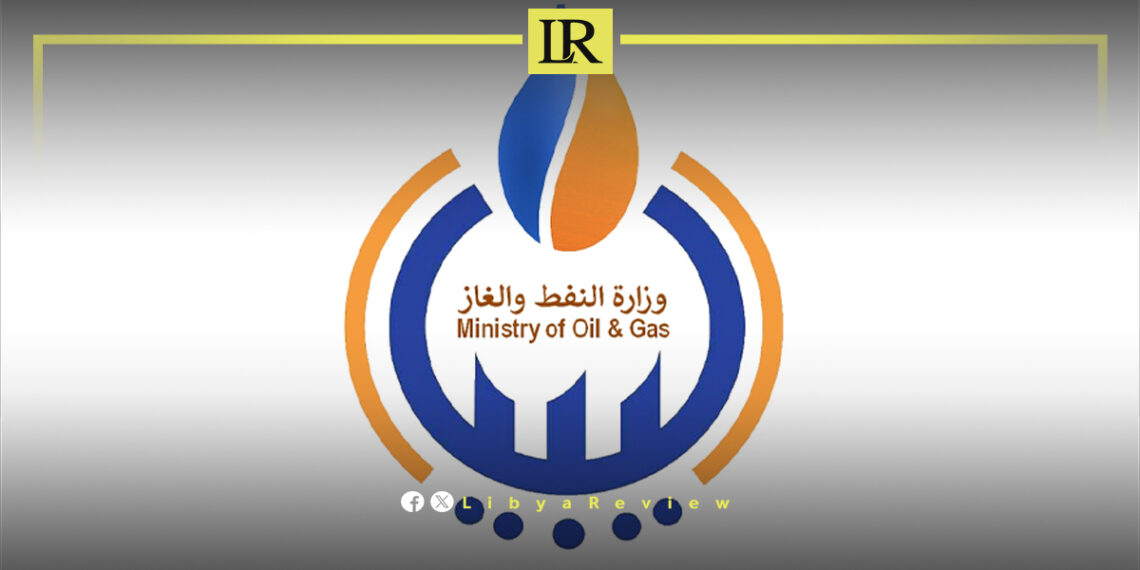On Saturday, Libya’s Acting Minister of Oil and Gas, Khalifa Abdel Sadik, announced plans to significantly increase the country’s natural gas and electricity exports to Europe.
Speaking at the Istanbul Energy Forum, hosted by Anadolu Agency and supported by Turkey’s Ministry of Energy and Natural Resources, Abdel Sadik emphasized Libya’s commitment to becoming a key energy supplier for Europe while expanding its energy portfolio.
During the forum’s session titled “Challenges and Opportunities for a Resilient Future,” Abdel Sadik highlighted the importance of regional cooperation in establishing new gas transmission routes. He stated, “We aim to increase the volume of natural gas exports, which will require collaboration to create new transportation pipelines to Europe.”
The minister also outlined Libya’s strategy to leverage its geographical position in North Africa, a region rich in solar energy potential, to diversify its energy exports. While oil remains Libya’s primary resource, Abdel Sadik emphasized the need to develop natural gas projects to meet the rising global demand for cleaner energy sources.
Libya has already begun small-scale electricity exports, with plans to significantly expand these efforts. Abdel Sadik invited international investors to support the development of Libya’s energy infrastructure, signaling the government’s openness to foreign partnerships in driving progress.
Abdel Sadik noted that Libya has successfully re-entered European markets and is on track to complete major energy projects, aligning its initiatives with global trends toward sustainability. Libya also aims to reduce carbon emissions, strengthening its position as a reliable and environmentally conscious energy partner.
Libya’s plans to boost natural gas and electricity exports come at a pivotal time. With Europe seeking alternatives to Russian energy sources and global demand for natural gas surging, Libya’s proximity to Europe gives it a significant strategic advantage.
Existing infrastructure, such as the Greenstream pipeline to Italy, provides a foundation for expansion, while Libya’s vast untapped potential in solar energy offers opportunities for long-term growth in renewables.
Despite facing political instability and aging infrastructure challenges, Libya is positioning itself as a key player in the global energy market. By investing in natural gas and renewable energy projects, Libya aims to strengthen its economic recovery and cement its role as a reliable energy partner for Europe.


